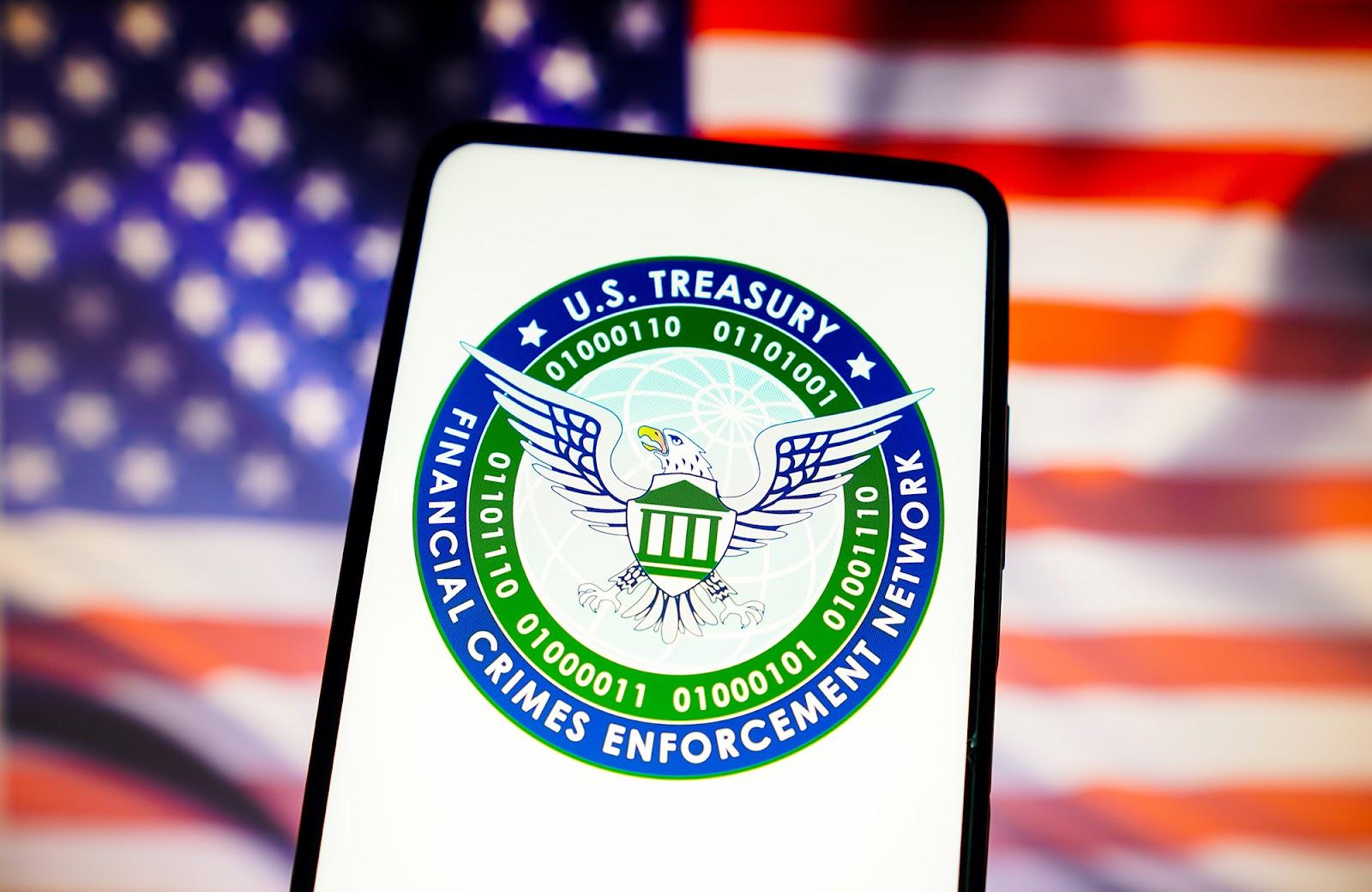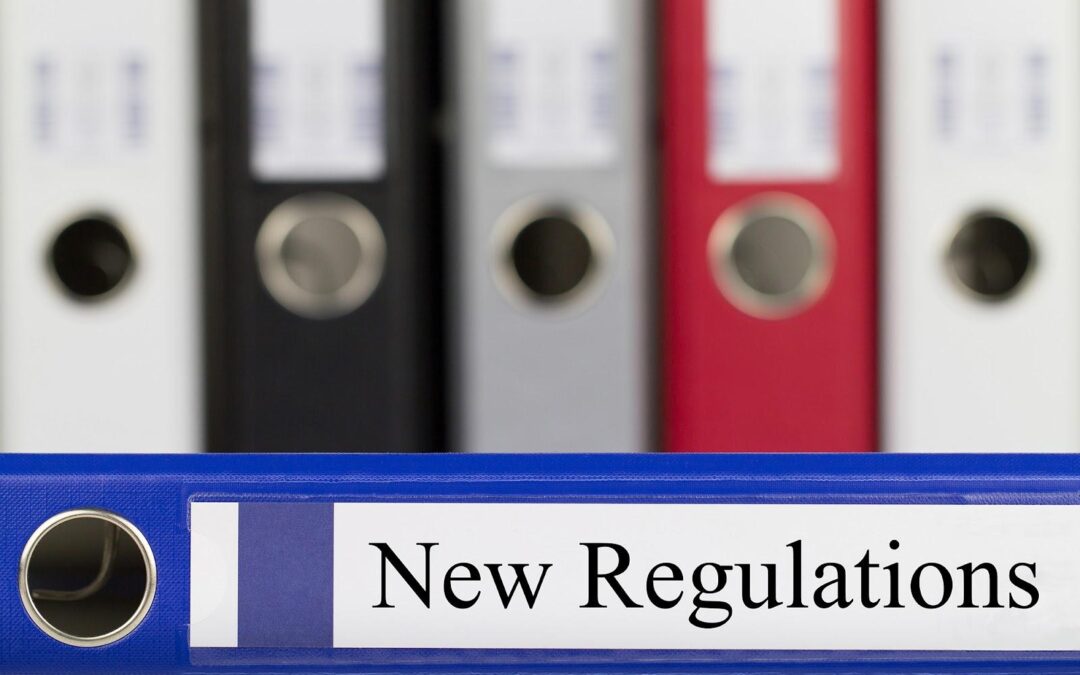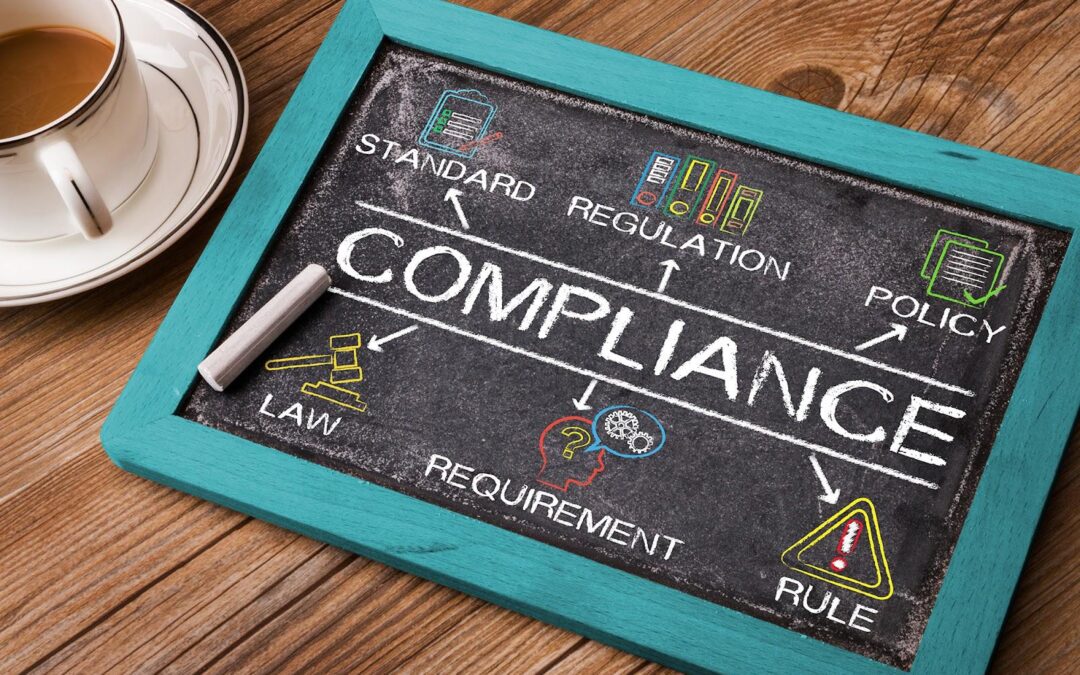
As the new Corporate Transparency Act has taken effect, many homeowners associations ask: who is exempt from BOI reporting? Is the HOA exempt from BOI reporting because it is a non-profit organization? What are the requirements for exemption? Let’s find out.
The Corporate Transparency Act: Who is Required to Report?
Before we answer the question of who is exempt from Beneficial Ownership Information (BOI) reporting, it’s important first to understand which organizations are required to file their BOI reports with FinCEN. There are two types of reporting companies according to the Corporate Transparency Act (CTA):
- Domestic Companies. Firms, LLCs, and entities created by filing a document with the Secretary of State or a similar office within the U.S.
- Foreign Companies. Organizations formed under a foreign nation’s law and have registered to conduct their affairs in the United States by filing a document with the Secretary of State or a similar office.
Are homeowners associations reporting companies? Based on these definitions, most HOAs, even if unincorporated, fall under the reporting company definition. This is because most homeowners associations need to file their governing documents with the Secretary of State to become officially recognized.
Who is Exempt From BOI Reporting?
What entities are exempt from the Corporate Transparency Act? The CTA has specifically exempted 23 types of entities from filing their BOI reports. These include the following:
- Accounting firm
- Bank
- Commodity Exchange Act-registered entity
- Credit union
- Depository institution holding company
- Entities assisting a tax-exempt organization
- Financial market utility company
- Governmental authority
- Inactive entity
- Insurance company
- Investment adviser or company
- Large operating company
- Money services business
- Other Exchange Act-registered entity
- Pooled investment vehicle
- Public utility company
- Securities broker or dealer
- Securities reporting issuer
- State-licensed insurance producer
- Subsidiary of specific exempt entities
- Tax-exempt entity
- Venture capital fund adviser
Who is exempt from the BOI report? As you can see, homeowners associations are not on the list of exemptions. FinCEN also released a Frequently Asked Questions page specifically stating that HOAs are considered reporting companies. However, it does specify that an HOA may be exempt if it qualifies as a tax-exempt organization under the IRC Section 501(c).
How Can an HOA Become a Tax-Exempt Entity?
Homeowners associations may operate as non-profit organizations, but this does not automatically exempt them from taxes. They are often taxed under Section 528 of the Tax Code. To be exempt from the CTA, homeowners associations must become exempt under the Internal Revenue Code (IRC) Section 501(c).
Exemption Under 501(c)(4)
How does an HOA apply for an exemption? A homeowners association can achieve tax exemption by designating itself as a social welfare organization under IRC Section 501(c)(4). The section has strict conditions and requires the HOA to function for the general public’s benefit.
Unfortunately, few homeowners associations qualify for 501(c)(4) exemption because the section is so strict. Typically, the IRS verifies whether the association is a condo or homeowners association. Condo associations are usually disqualified as their general structure and nature do not qualify for exemption.
In addition, the IRS may verify whether the HOA limits access to common sidewalks, streets, green spaces, and other areas. Those that prohibit access to the general public may be disqualified from exemption.
Finally, the IRS may check whether the HOA is involved in the following:
- Serving a neighborhood related to a governmental area
- Offering facilities and common areas for the pleasure and use of the general public
- Performing activities to maintain the external parts of private residences
HOAs must file for exemption by submitting Form 8976 through the Electronic Notice Registration System. They may also need to file annual information notices using Form 990-N, 990-EZ, or 990 based on total assets and gross receipts. Moreover, they may choose to file Form 1024-A.
HOAs must pay a $50 fee for submission. Failure to pay the fee after 14 days results in an immediate rejection.
Can an HOA be Exempt Under 501(c)(3)?
Non-profit entities under 501(c)(3) include religious, charitable, scientific, educational, and arts organizations. These public interest groups are exempt from taxes. Homeowners associations rarely qualify for 501(c)(3) status as they do not generally serve a broad public interest.
What About Section 528?
Homeowners associations are not always eligible for exemption under 501(c)(4). As an alternative, many HOAs file for exemption under Section 528 instead. This allows the HOA to exempt dues and assessments from income taxes that the association uses to maintain or improve property.
However, this type of exemption is not complete. Instead, it counts more as a quasi-exemption from taxes. That said, though, are HOAs with exemptions under Section 528 also considered exempt from the Corporate Transparency Act?
While the Corporate Transparency Act does offer exemptions for specific types of non-profit organizations that qualify as tax-exempt entities under Section 501(c), these exemptions do not apply to HOAs normally taxed under Section 528. Hence, HOAs taxed under Section 528 will still need to file their reports with FinCEN.
What if the HOA is Not Tax-Exempt?
If an HOA is not tax-exempt, the best thing to do is to file the BOI reports before the deadline. HOAs created before January 1, 2024, have to file their initial reports by January 1, 2025. Meanwhile, those made after January 1, 2024, must file their initial reports within 90 days from the date they were formed. If an HOA is formed after January 1, 2025, it must file its initial report within 30 days from the date of formation.
If the report changes, the HOA must file the updated report within 30 days of the change. This includes changes to the beneficial owners’ names or identities and information (e.g., their current address, if they’ve moved residences).
If an HOA fails to file the report, it will face heavy penalties. HOAs can face civil penalties of up to $500 per day. Meanwhile, those who willfully violate the requirements may be subject to criminal penalties of up to 2 years in prison and a fine of up to $10,000.
Who is Exempt From BOI Reporting? Answered!
Who is exempt from BOI reporting? While many organizations are exempt, homeowners associations will rarely be exempt from filing their BOI reports with FinCEN. After all, it can be challenging to qualify for tax exemption under Section 501(c)(4). Even if an HOA is exempt under Section 528, it must comply with the CTA.
Filing with FinCEN can be tedious and confusing. Fortunately, with HOAfiling.com, you can save yourself the trouble and streamline the process. Our software can simplify filing and ensure you meet all the requirements before the deadline.



